Maintaining a commercial electrical system is crucial for ensuring safety, efficiency, and reliability in any business environment. Regular maintenance not only prevents costly disruptions but also extends the lifespan of electrical components and enhances energy efficiency. This article provides essential maintenance tips for your commercial electrical system to help keep your business running smoothly and safely.
1. Schedule Regular Professional Inspections
One of the most critical steps in maintaining a commercial electrical system is scheduling regular inspections by a qualified commercial electrician. These professionals can identify potential issues that might not be visible to the untrained eye, such as faulty wiring, overloaded circuits, and worn-out components. Annual or bi-annual inspections are recommended, but the frequency may need to increase depending on the complexity and age of your electrical system.
2. Perform Routine Visual Checks
While professional inspections are vital, regular visual checks by your maintenance team can also help identify early signs of electrical issues. Look for obvious problems such as frayed wires, scorch marks on outlets, flickering lights, and unusual noises coming from electrical panels. Early detection of these signs can prevent more significant problems and ensure timely intervention.
3. Keep Electrical Panels Clear and Accessible
Electrical panels should always be kept clear of obstructions and easily accessible in case of an emergency. Ensure that storage items, furniture, or other obstacles do not block access to these panels. Additionally, it’s crucial to keep the area around electrical panels clean and free from dust and debris, which can cause overheating and pose fire hazards.
4. Test Safety Devices Regularly
Safety devices such as circuit breakers, ground fault circuit interrupters (GFCIs), and surge protectors play a crucial role in protecting your commercial electrical system. Regular testing ensures these devices function correctly when needed. For instance, GFCIs should be tested monthly by pressing the “test” button to ensure they trip and reset properly. Surge protectors should be inspected for wear and replaced if they show signs of damage or if they fail to protect equipment during power surges.
5. Upgrade Outdated Equipment
Outdated electrical equipment can be inefficient and unsafe. Modern electrical systems are designed to handle the higher loads and demands of contemporary businesses. Upgrading old wiring, panels, and devices not only improves safety but also enhances energy efficiency. Energy-efficient lighting, such as LEDs, and updated HVAC systems can significantly reduce energy consumption and lower utility bills.
6. Implement a Preventive Maintenance Plan
A preventive maintenance plan is essential for the ongoing health of your commercial electrical system. This plan should include regular tasks such as cleaning electrical components, tightening connections, and replacing worn-out parts. Preventive maintenance helps avoid unexpected breakdowns and costly repairs by addressing potential issues before they escalate.
7. Train Staff on Electrical Safety
Employee awareness is critical in maintaining a safe commercial electrical environment. Training staff on basic electrical safety practices can prevent accidents and improve overall safety. Educate employees on how to recognise signs of electrical problems, the importance of not overloading circuits, and the proper use of electrical equipment. Regular safety training sessions can reinforce these practices and keep electrical safety top of mind.
8. Monitor Energy Consumption
Keeping an eye on your business’s energy consumption can provide insights into the efficiency of your commercial electrical system. Unusually high energy bills or significant fluctuations in energy usage may indicate underlying electrical issues. Regular monitoring helps identify areas where energy is being wasted and opportunities for improving efficiency, such as upgrading to energy-efficient appliances or improving insulation.
9. Document Maintenance Activities
Maintaining detailed records of all maintenance activities, inspections, and repairs is essential for tracking the health of your commercial electrical system. These records provide a valuable history that can help identify recurring issues and plan future maintenance. Documentation also ensures compliance with safety regulations and can be useful in case of insurance claims or audits.
Maintaining your commercial electrical system is a critical aspect of ensuring the safety, efficiency, and reliability of your business operations. By scheduling regular professional inspections, performing routine visual checks, keeping electrical panels clear, testing safety devices, upgrading outdated equipment, implementing a preventive maintenance plan, training staff on electrical safety, monitoring energy consumption, and documenting maintenance activities, you can effectively manage your commercial electrical system.
Investing time and resources in regular maintenance not only prevents costly disruptions but also extends the lifespan of your electrical components and enhances overall energy efficiency. For any business, prioritising the maintenance of commercial electrical systems is a wise and necessary decision that contributes to long-term operational success and safety, contact us now to learn more!


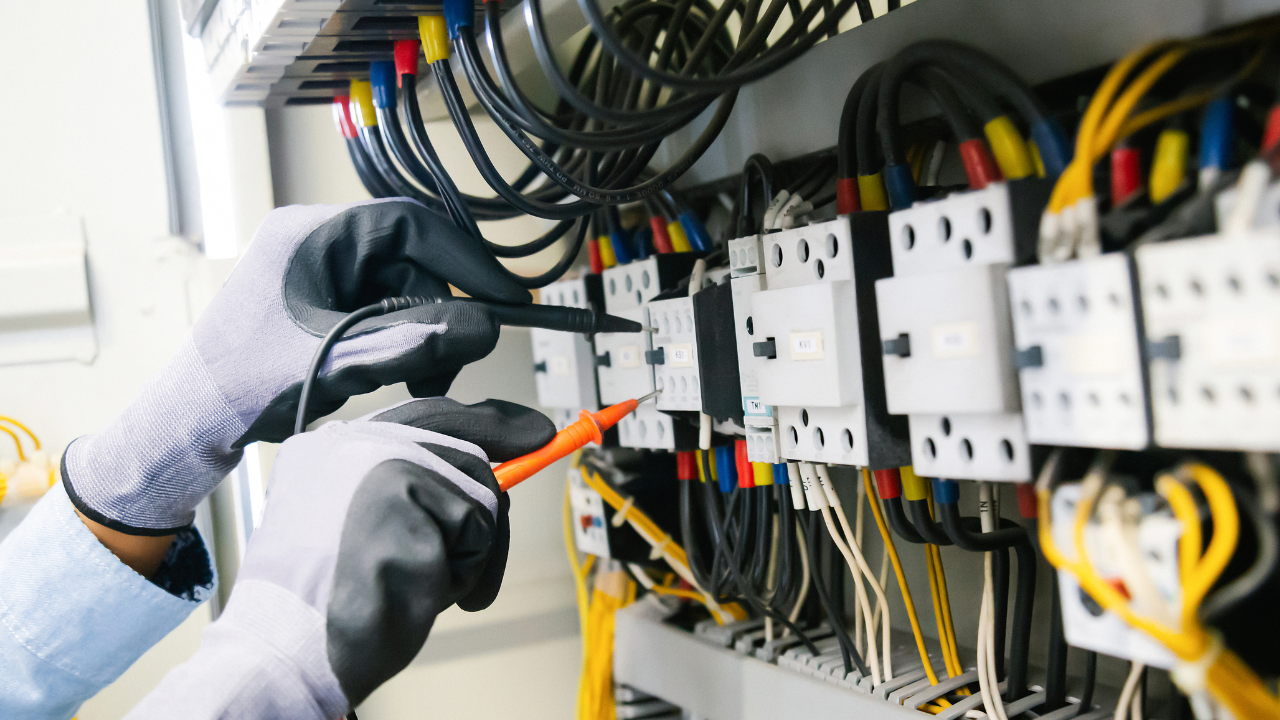
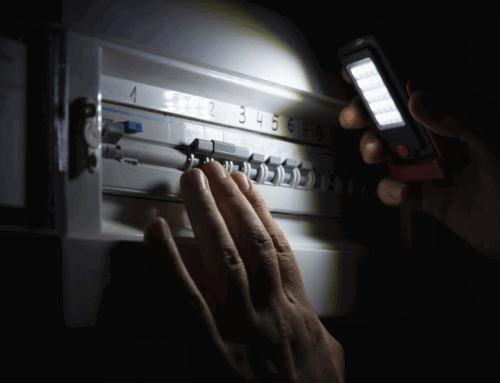
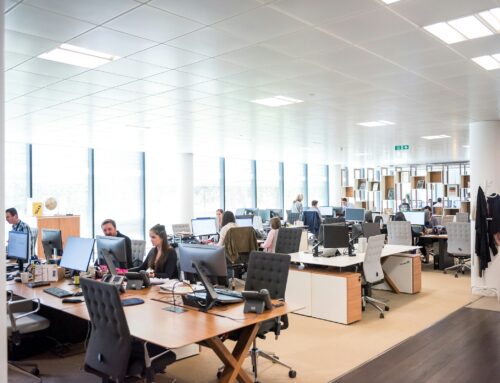
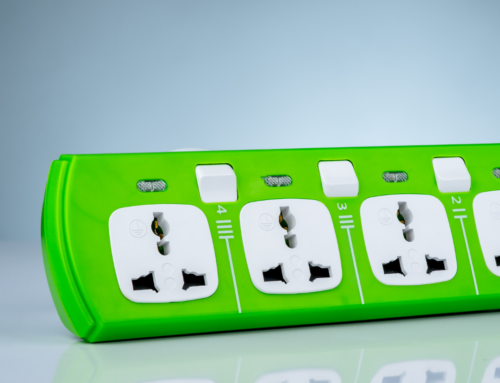
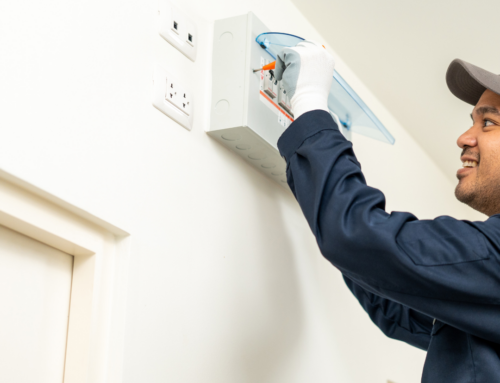
Leave A Comment